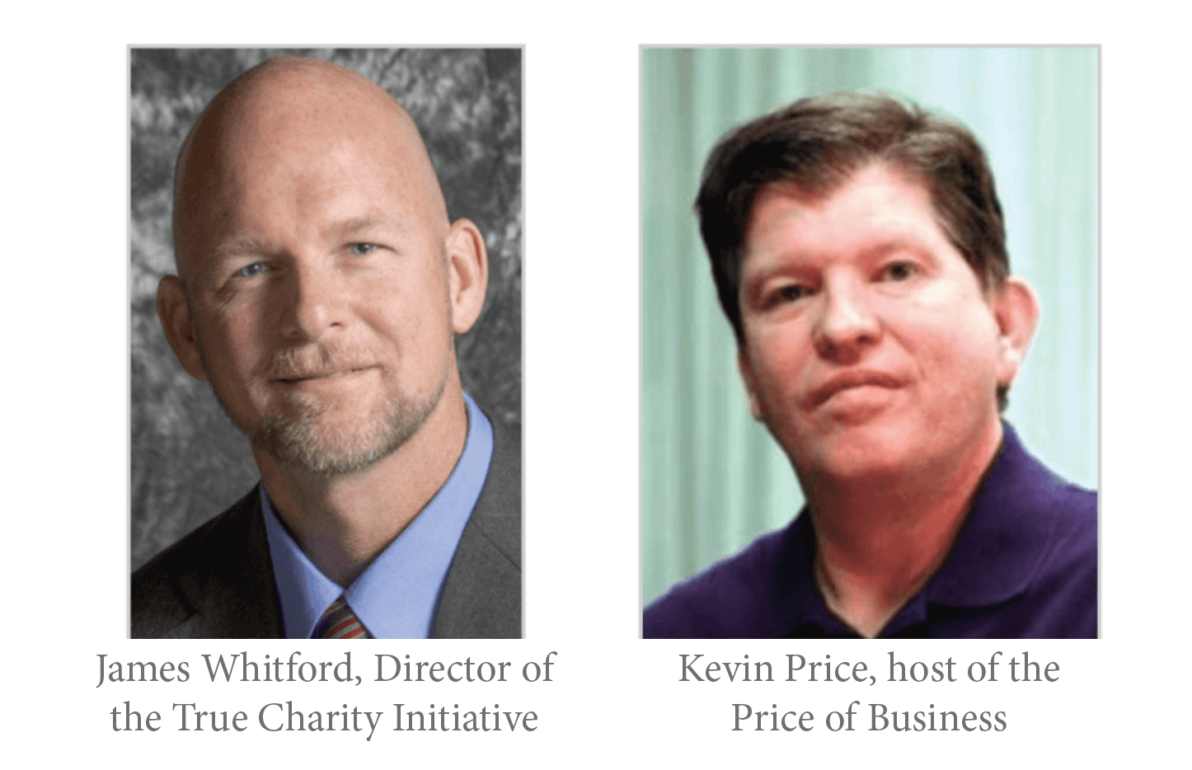Freedom to escape from welfare dependency
By James Whitford, published in the Joplin Globe on July 6th, 2018
In the afterglow of this past week’s Fourth of July celebrations, I remain grateful for those who fought to provide and protect our freedoms in this country. I’m also reminded of the freedom for which many churches and missions fight for the sake of those entrapped by government welfare dependency.
What is this freedom for which we fight? The “experiential freedom” that only work-oriented solutions to poverty are able to provide to our neighbors who struggle but have potential and ability often unacknowledged.
In 1833, Alexis de Tocqueville made note of this fight. As the English Poor Laws had corrupted countless through government relief, he penned “Memoir on Pauperism” and noted two reasons a person works: to survive and to better one’s condition of living.
Work/betterment is the natural cause/effect relationship that every person should be free to experience. That’s why I call it experiential freedom. And all other freedoms, including the economic freedom to act in our own best interests, depend on it. Why? Because every decision we make is based in what we’ve experienced. If we’re not free to experience, we’re not free to act.
Welfare has a nasty way of stripping freedom when it comes to experiencing the benefits of work. I meet people every day who don’t work for fear that life wouldn’t get better or that it might even worsen if they did.
I was mentoring Ken at our mission and on our fourth visit together, he mentioned he was applying for a part-time job but that he had to limit himself to about 15 hours of work per week. “If I work more than that, I’ll lose my benefits,” he reasoned. He believes things will get worse for him if he works more. How sad.
On another occasion, a young man named Josh admitted playing the system for a yearlong HUD housing voucher instead of committing to our yearlong work-ready program, Forge. Why? Because free housing seemed better than our offer of commitment, effort and accountability.
And many times, I’ve heard a person say, “I can only work for cash under the table because my disability attorney told me if I get a real job, it’ll hurt my case for early SSI.” Why? Because many of our policies incentivize sickness and poverty more than they do health and wealth.
Our welfare state policy has created an environment in which regular employment doesn’t seem to add up for many, at least not to a better life. And in some cases, at face value, it appears to worsen a person’s situation.
But this welfare cliff is not as dangerous as many fear. “Three Myths About the Welfare Cliff,” a recent paper published by the Foundation for Government Accountability, reveals that work pays off even in the face of a threatening withdrawal of state support.
This truth is reflected in the president’s recent executive order, Reducing Poverty in America by Promoting Opportunity and Economic Mobility. More importantly, legislation that follows its direction could help free able-bodied adults currently caught in the welfare dependency trap. If D.C.’s renewed attention to the truth that government can’t solve problems of poverty is followed with policy that reduces the enticement of welfare’s low-hanging fruit, local churches and missions such as mine may find themselves winning the fight to empower the poor through work-oriented solutions.
It is a fight.
For Ken, Josh and countless others I work with on a daily basis at the mission, work is not adding up. Welfare dependency is stripping people of experiential freedom, the realization of work and betterment, the joy of earned success, and the hope of independence. Regrettably, our policies have perverted the natural cause/effect relationship of which Tocqueville spoke.
Until we win this fight, much of America will remain bound, trapped in poverty, never really free.




